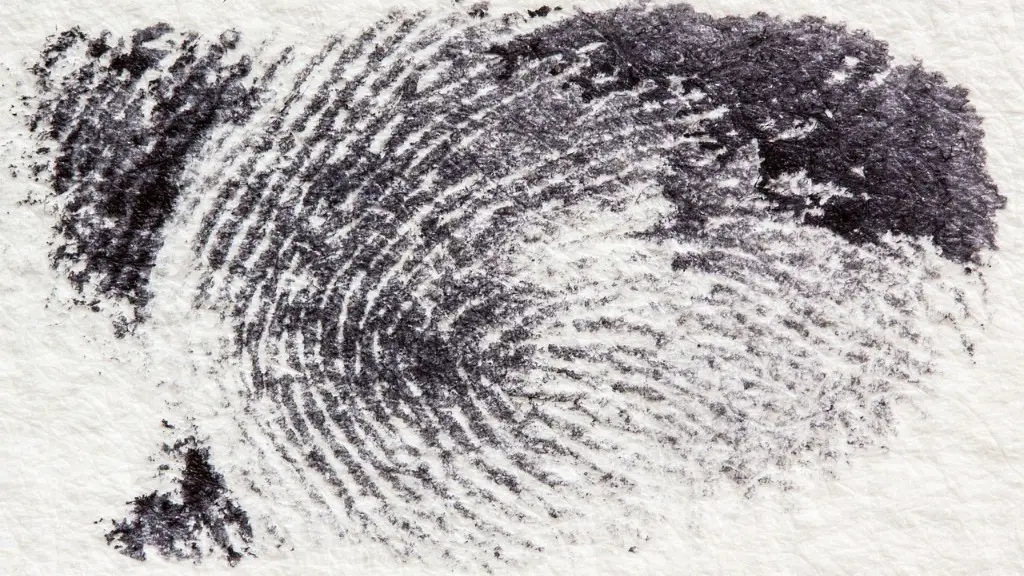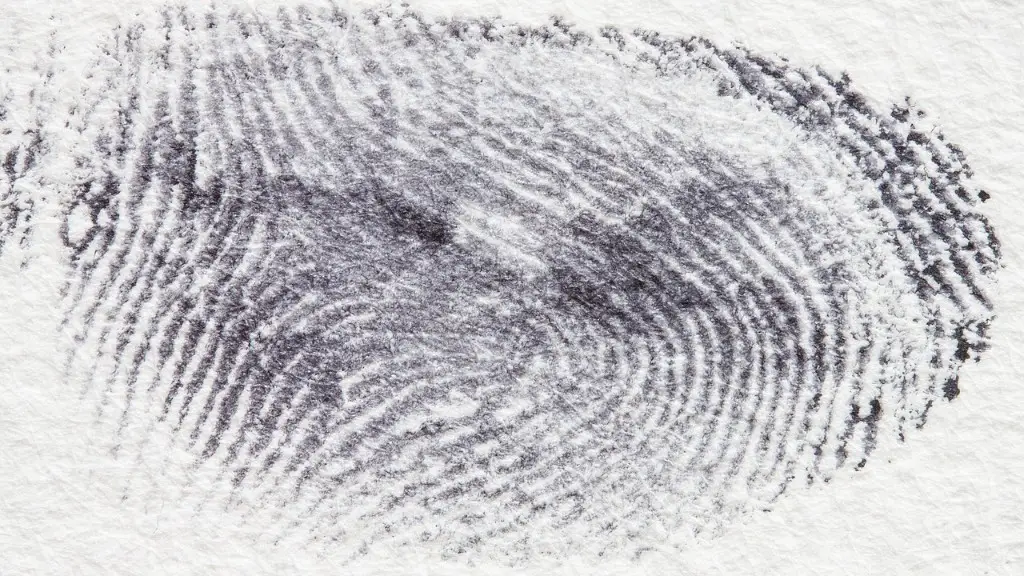Government Oversight
The Central Intelligence Agency (CIA) is an independent agency of the United States government, responsible for collecting and analyzing information about foreign governments, corporations, and individuals, and providing intelligence to other government agencies. The CIA has been accused of violating US and international laws, including torture, rendition, and extrajudicial killings. This has raised important questions about the degree of government oversight of the agency and whether the CIA is, in fact, above the law.
The US Constitution grants Congress the power to make all laws, but the executive branch has broad powers to interpret and use those laws to carry out the will of the President. This power of the executive is sometimes called the “power to act”. The CIA is an executive agency, so it is generally assumed that it can act without intervention from Congress or the courts. This has led to concerns that the CIA is acting without any legal accountability.
Furthermore, the CIA is largely exempt from the Freedom of Information Act (FOIA). This means that the public has limited access to the agency’s activities and there is no real accountability of its actions. This lack of transparency makes it impossible to know how the CIA is behaving and which laws they are following or breaking.
Lack of Official Accountability
Despite the lack of transparency, it is clear that the CIA has been able to act with impunity for a long time. The agency has been involved in many controversial and unethical activities in its history. Although many of these activities have been exposed in recent years, the US government has rarely taken any action to hold the CIA accountable for its actions.
This lack of official accountability has led some to suggest that the CIA is, in fact, above the law. While there have been some attempts to increase oversight of the CIA, such as the formation of the Senate Intelligence Committee in 1976, these efforts have failed to truly hold the agency accountable for its actions.
Criticism from Civil Society
The lack of oversight and accountability of the CIA has been met with criticism from civil society groups. Human rights groups have been particularly vocal in their condemnation of the agency’s activities and lack of accountability. Amnesty International has called the CIA an agency “driven by a culture of impunity,” while the American Civil Liberties Union has noted the lack of accountability in the agency’s conduct.
Critics of the CIA argue that the agency has flouted both US law and international law for its own benefit. They point to the agency’s history of supporting coups and covert interventions in foreign countries, its involvement in torture and extrajudicial killings, and its disregard for civil rights.
Implications for Democracy
The lack of oversight and accountability of the CIA has serious implications for democracy and the rule of law in the United States. The CIA’s activities are largely beyond public scrutiny, and without any accountability, they can act without any consequences.
This lack of oversight also sets a dangerous precedent in terms of the executive’s use of power. If the executive branch is allowed to act with impunity, it could lead to the erosion of American democracy and the rule of law.
Role of Media
The media has an important role to play in ensuring that the CIA remains accountable for its actions. Journalists have exposed the agency’s abuses in the past and have highlighted the importance of transparency and oversight.
In recent years, more attention has been paid to the CIA’s activities, and the agency has faced increasing scrutiny from the press and public. The media’s role in keeping the agency accountable is more important than ever, and it is essential that the public continues to push for more transparency and oversight.
Accountability and Reform
Currently, the CIA is mostly unaccountable to the public and to Congress. To truly hold the agency accountable, Congress must pass legislation that reforms and restrains the agency’s activities.
Congress must also create an independent oversight body to oversee the agency’s activities, and provide adequate funding for this body. Such an oversight body should be transparent and accountable to the public, and be empowered to investigate and discipline CIA personnel, as well as take legal action against them when necessary.
Alternative Solutions to the Problem
Some have proposed alternative solutions to the problem of the CIA’s lack of accountability, such as passing laws to limit the agency’s power or creating independent commissions to investigate its actions.
These solutions may address some of the issues surrounding the CIA’s activities, but they still may not be enough to ensure that the agency is truly held accountable for its actions.
In the end, meaningful and effective accountability of the CIA will only be possible if there is a greater degree of transparency and oversight, both from Congress and from the public.
Debates Around the Issue of Accountability
The debate around the issue of accountability for the CIA has been ongoing since the agency’s creation. Critics argue that the CIA should be subject to regular checks and balances, while supporters counter that the agency needs to act without political interference in order to protect US interests.
Although there is disagreement on the best way to hold the agency accountable, there is an increasing recognition that some form of effective oversight is needed.
Public Outcry over CIA’s Actions
In recent years, there has been a growing public outcry over the CIA’s activities and the agency’s lack of accountability. More and more people are beginning to recognize the need for the agency to be held accountable and to have greater transparency.
This public outcry has led to calls for greater oversight and accountability from both Congress and the public. The CIA is starting to face more scrutiny than ever before, and it remains to be seen whether or not the agency will be held accountable for its past actions and future activities.
Political Influence Over the CIA
The debate over the CIA’s accountability has also been complicated by the political influence of the agency. Over its history, the CIA has been used by many administrations for their own political goals, and has often acted in ways that conflict with US and international laws.
This political influence makes it difficult to truly hold the agency accountable and bring about meaningful reform. Until the political influence of the CIA is limited, it is unlikely that the agency will truly be held accountable for its actions.


